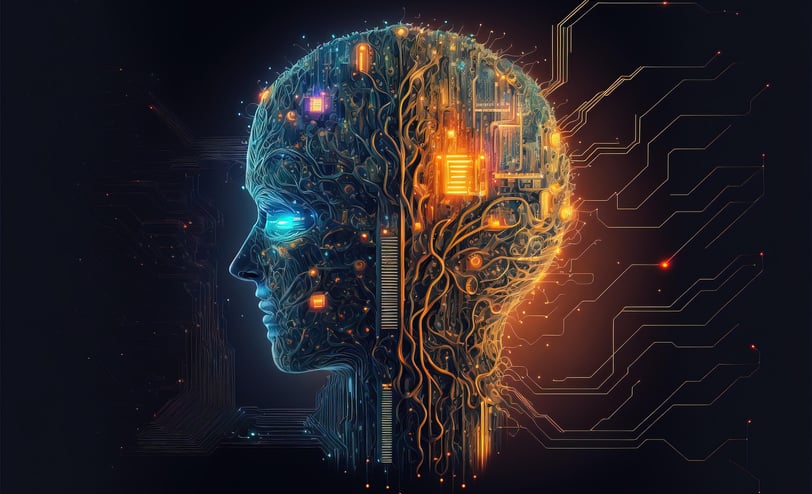The Ethics of AI: What We Need to Consider
Artificial intelligence (AI) is evolving faster than ever, transforming industries and becoming a part of our everyday lives. From voice assistants and self-driving cars to AI-powered healthcare solutions, its impact is undeniable. But with all this progress, we need to ask an important question: Are we developing AI responsibly? As AI becomes more powerful, we must consider its ethical implications to ensure fairness, transparency, and accountability. Let’s explore the key ethical issues in AI development
AI TECHNOLOGIES


1. Fighting Bias in AI
AI learns from data, and if that data is biased, the AI will reflect those biases. For example, some facial recognition systems struggle to accurately identify people from different ethnic backgrounds, and AI-driven hiring tools have been known to favor certain demographics over others. To make AI fair for everyone, developers must ensure it’s trained on diverse and representative data sets.
2. Making AI Decisions More Transparent
AI often works like a “black box” — we see the result, but we don’t always know how it got there. This lack of transparency can be a big problem, especially in critical areas like healthcare, finance, and criminal justice. If AI is making important decisions, people should have the right to understand how those decisions are made. Explainable AI aims to bridge this gap, making AI systems more interpretable and accountable.
3. Protecting Privacy and Personal Data
AI thrives on data, but where does that data come from, and who controls it? Many AI systems collect and analyze vast amounts of personal information, raising concerns about privacy and security. Strong data protection measures, like encryption and anonymization, are essential to keeping users’ information safe. People also need more control over how their data is used and shared.
4. The Impact of AI on Jobs
AI is automating tasks in industries ranging from customer service to manufacturing, leading to fears of job losses. While AI creates new opportunities, it also eliminates traditional roles, leaving many workers uncertain about the future. To balance this shift, we need to invest in retraining programs that help workers adapt to an AI-driven economy, allowing them to transition into roles that work alongside AI rather than compete with it.
5. Who’s Responsible When AI Fails?
If an AI-driven car crashes or an AI-powered healthcare tool makes an incorrect diagnosis, who’s to blame? The lack of clear accountability in AI development is a major ethical challenge. Developers, businesses, and governments must collaborate to define legal and ethical responsibilities, ensuring that when AI makes mistakes, there are clear processes for addressing them.
6. Using AI for Good (and Preventing Its Misuse)
AI has the potential to solve some of the world’s biggest challenges, from medical breakthroughs to combating climate change. However, it can also be used for harm—think deepfake technology, AI-generated misinformation, or autonomous weapons. Establishing global regulations and ethical guidelines will help prevent AI from being used in dangerous or unethical ways.
7. What’s Next for Ethical AI?
Ensuring ethical AI isn’t just a challenge for developers—it’s a collective effort involving policymakers, businesses, researchers, and everyday users. The future of AI depends on setting clear standards for fairness, accountability, and transparency. Ongoing discussions and regulations will play a huge role in shaping AI’s impact on society.
Final Thoughts
AI is an incredible tool, but we need to develop it responsibly. Addressing bias, improving transparency, protecting privacy, and defining accountability are just some of the challenges we must navigate. By prioritizing ethical AI, we can ensure that AI benefits society while minimizing risks—creating a future where AI serves humanity in a fair and responsible way.
